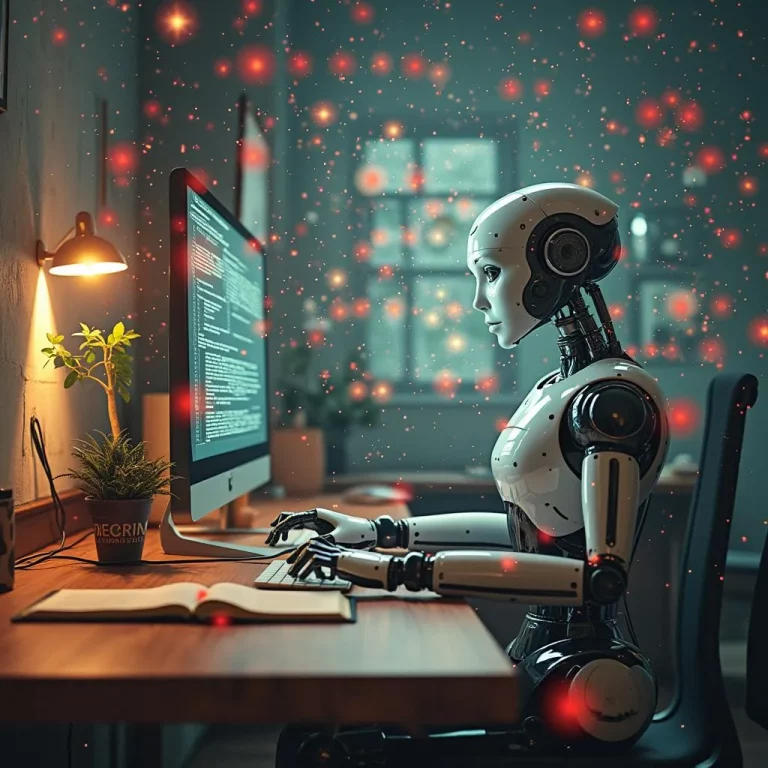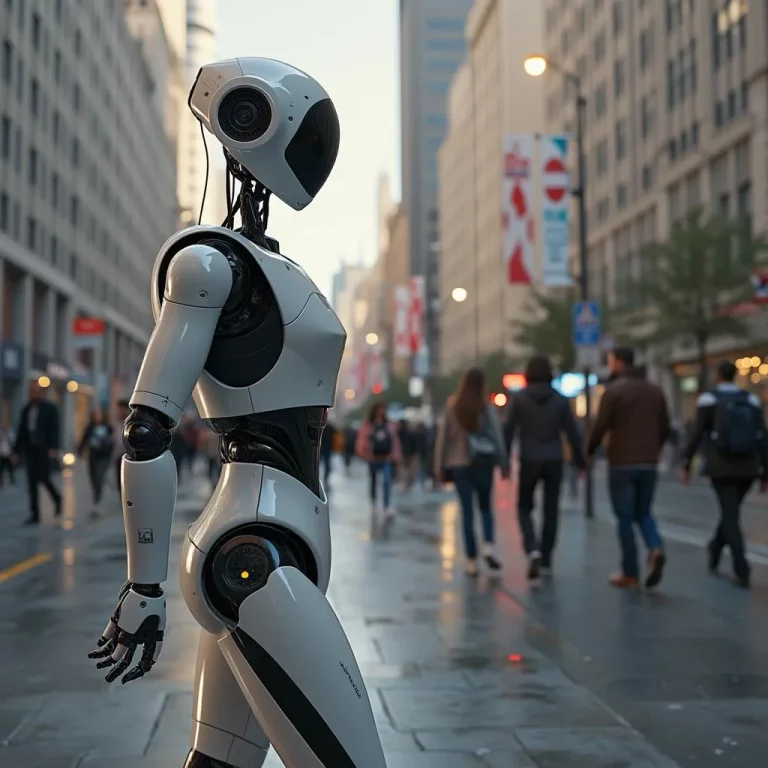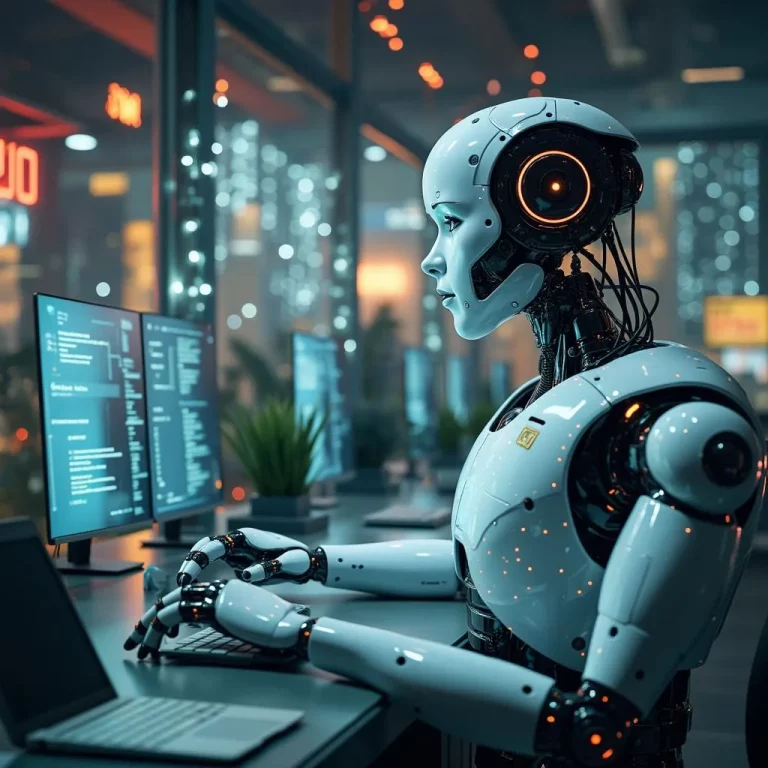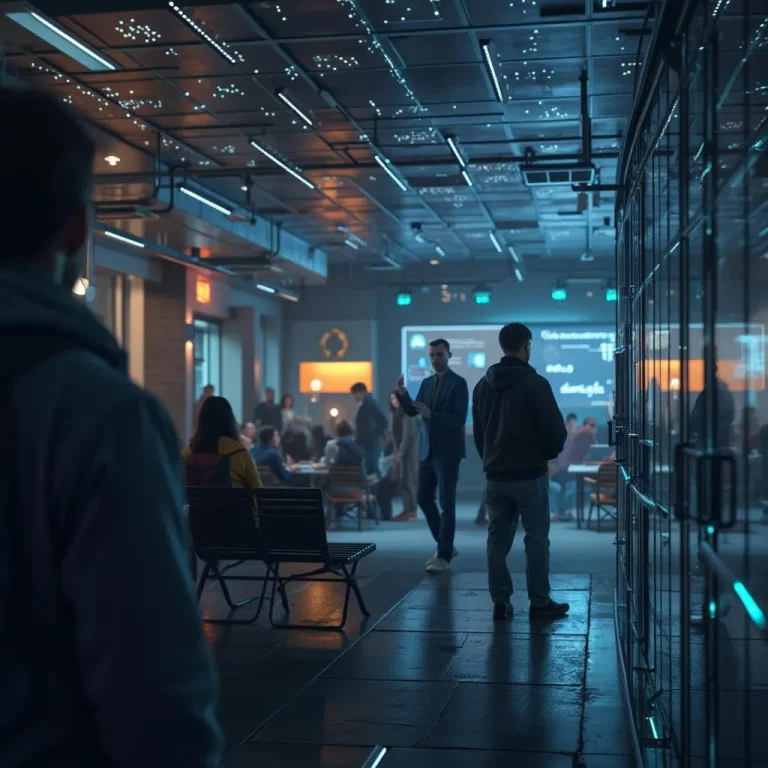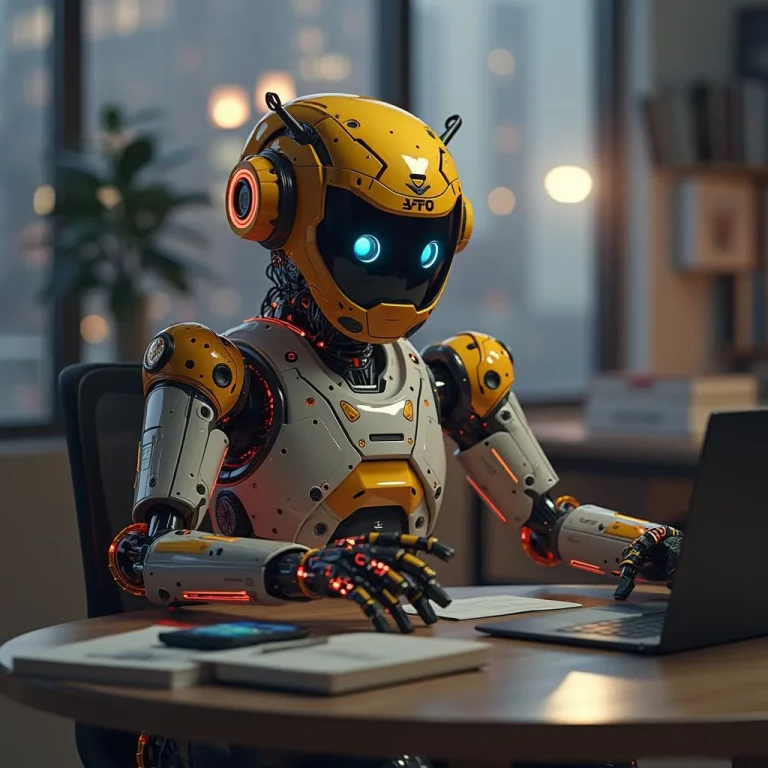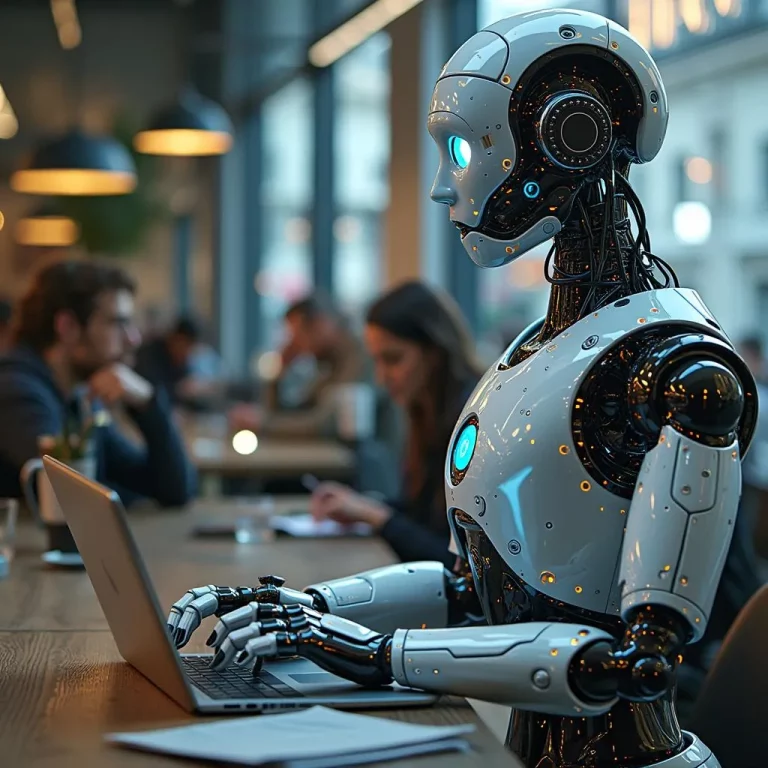Former OpenAI Employees Support Elon Musk in Lawsuit Against OpenAI's Nonprofit-to-Profit Conversion
- 0 reactions
- 3 months ago
- Flaik.ai
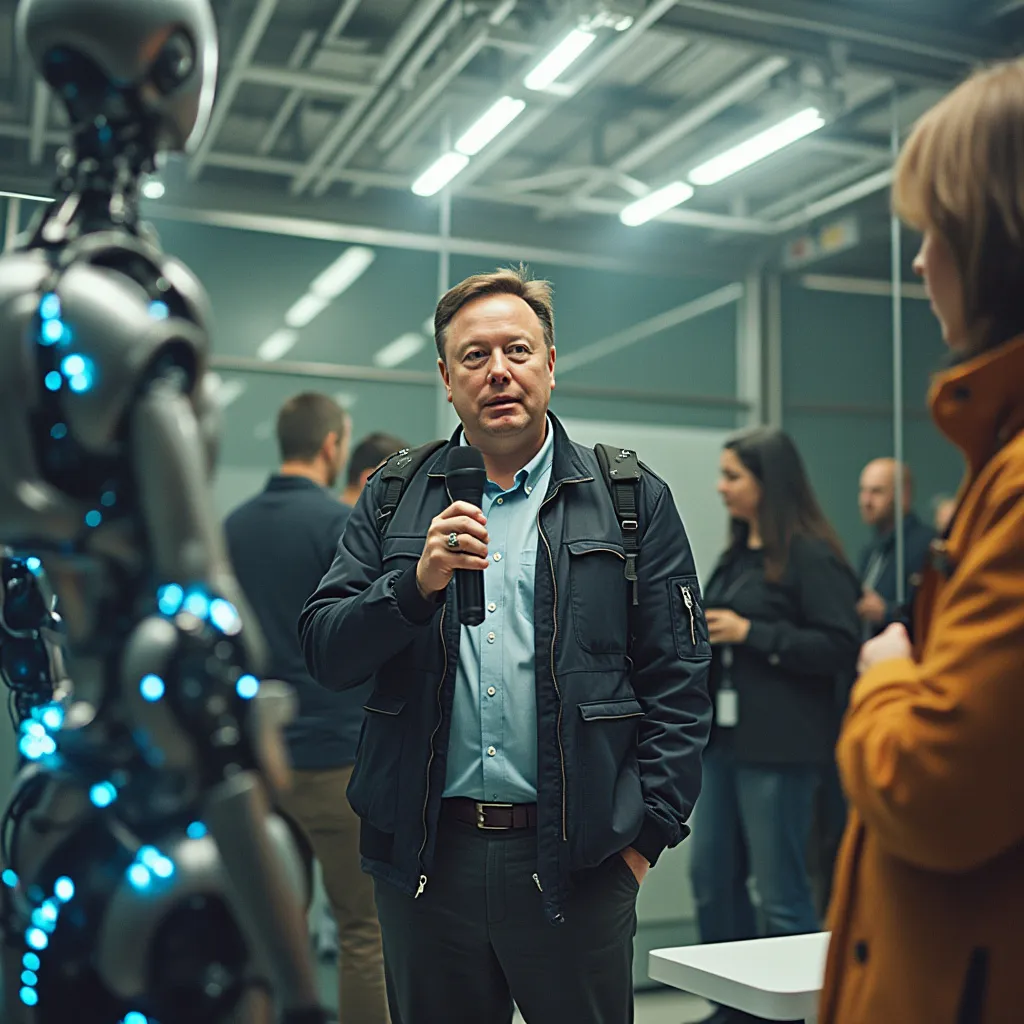
OpenAI’s Transformation Sparks Controversy: Ex-Employees Rally Behind Elon Musk
In a surprising turn of events, a cohort of former OpenAI employees has taken a stand in the ongoing legal battle between Elon Musk and the artificial intelligence research company. This development has sent ripples through the tech industry, highlighting the complex dynamics at play in the rapidly evolving AI sector.
The Amicus Brief: A Show of Support
On Friday, a group of 12 ex-OpenAI staff members filed a proposed amicus brief in support of Elon Musk’s lawsuit against OpenAI. The brief, expertly crafted by Harvard law professor and Creative Commons founder Lawrence Lessig, opposes OpenAI’s planned transition from a nonprofit to a for-profit corporation.
This move by former employees, including Steven Adler and Rosemary Campbell, underscores the deep-seated concerns within the AI community about the potential implications of such a structural change. It also raises questions about the future direction of AI research and development.
The Heart of the Matter: Nonprofit vs. For-Profit
At the core of this legal dispute lies the fundamental question of OpenAI’s organizational structure. The proposed shift from a nonprofit to a for-profit model has sparked debate about the balance between innovation and ethical considerations in AI development.
This transition mirrors broader industry trends, where the intersection of AI and business is becoming increasingly prominent. As companies explore new ways to monetize AI technologies, the need for ethical guidelines and responsible development practices becomes more critical than ever.
Implications for the AI Landscape
The involvement of former OpenAI employees in this lawsuit signals a growing concern about the direction of AI research and its potential impact on society. It highlights the need for transparency and accountability in AI development, especially as these technologies become more integrated into our daily lives.
This case could set a precedent for how AI companies balance their pursuit of innovation with ethical considerations. It also underscores the importance of maintaining a diverse range of voices in the AI development process, including those of researchers, ethicists, and former employees.
Looking Ahead: The Future of AI Governance
As this legal battle unfolds, it serves as a reminder of the complex challenges facing the AI industry. The outcome of this case could have far-reaching implications for how AI companies are structured and governed in the future.
Moreover, it emphasizes the need for ongoing dialogue between AI developers, policymakers, and the public to ensure that AI technologies are developed and deployed in a manner that benefits society as a whole. Tools like AI-powered SEO optimization are just the tip of the iceberg in terms of AI’s potential impact on various industries.
As we continue to monitor this situation, it’s clear that the conversation around AI ethics and governance is far from over. The tech community and society at large must remain vigilant and engaged in shaping the future of artificial intelligence.
Comments
Continue reading
No results available
Reset


